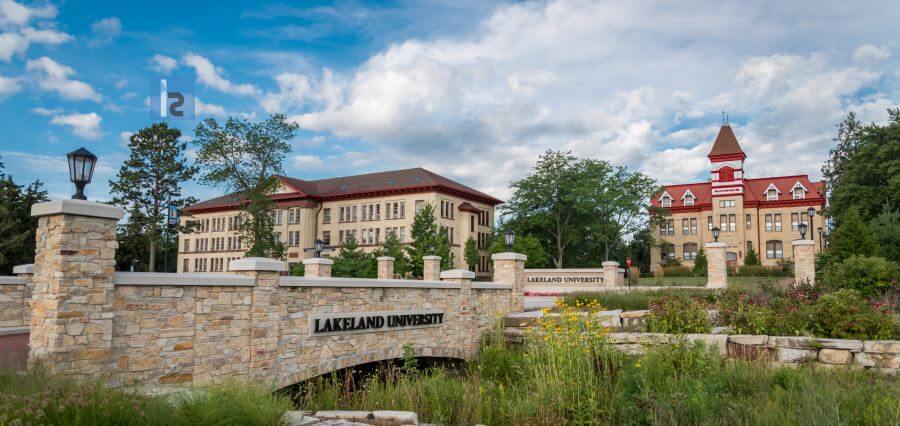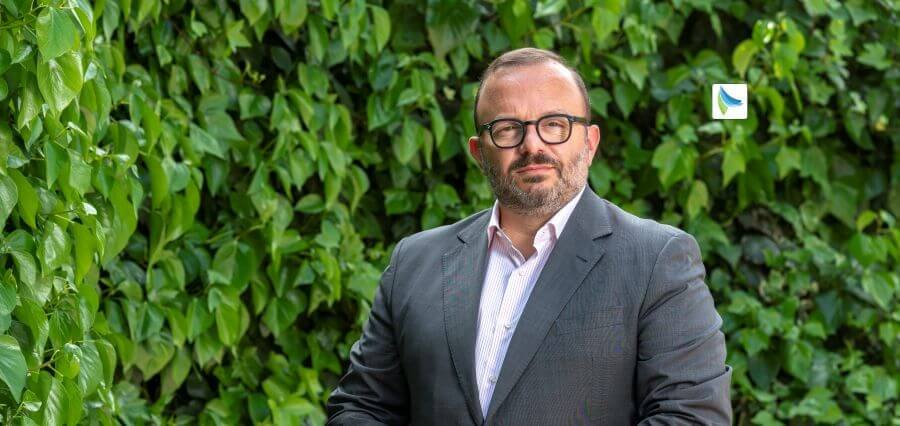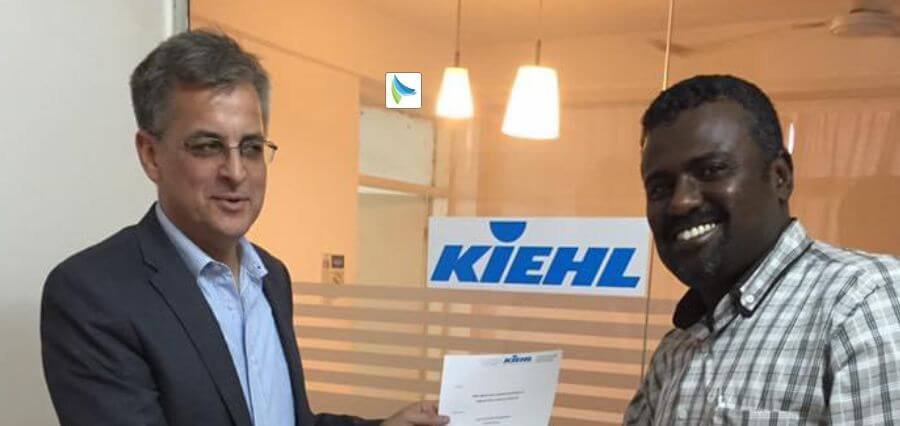A recent high school graduate who is eager to start a college career wants to attend a school that will challenge them academically, prepare them for a successful career and help them grow as a person.
Lakeland University is an outstanding institution where students are prepared for the ever-evolving landscape in different sectors. Students here attend a school that is affordable and has a strong sense of community. Its main campus is located in rural Sheboygan County, Wisconsin, Lakeland is a private liberal arts university with a focus on experiential learning. This reflects the opportunity to gain hands-on experience in the field of study through internships, co-ops, and other experiential learning opportunities.
The focus on all-around development at Lakeland gives a challenging yet rewarding journey to the students. Being part of a close-knit community of students, faculty and staff, Lakeland is known for its friendly and supportive atmosphere.
Let’s explore Lakeland University’s exceptional educational approach, which continues to be the foundation upon leaders who build their remarkable journeys!
Briefly describe your mission and vision regarding student success and career growth.
Our mission is to educate individuals of diverse backgrounds, prepare them to think critically, communicate effectively, succeed professionally and lead ethical, purposeful and fulfilling lives.
Founded in 1862, Lakeland University has a tradition of entrepreneurial programming, integrates liberal arts and experiential learning to develop the whole person for success in the dynamic, multi-faceted world.
Could you highlight some of the university’s most innovative programs or initiatives aimed at enhancing student success and career growth?
Lakeland stands as the sole fully Cooperative Education institution in the Midwest. Students engage in full- and part-time positions with Co-Op partners, gaining academic credit and wages to offset tuition and minimize post-graduation debt. Through Co-Op, Lakeland students can complete up to 25% of their degree (30 credits) via hands-on learning, a significant contrast to most schools’ 6-credit limit. The objective is to enhance degree affordability and honor the significance of practical experience.
Lakeland’s BlendEd structure is highly adaptable on a national scale. Every class week, students choose between in-person traditional classroom attendance or online participation, accommodating working adults managing travel, late work hours, or family commitments.
This marks the latest evolution in Lakeland’s 40-plus-year history of catering to online, adult and non-traditional academic programs. Lakeland pioneered offering a comprehensive bachelor’s degree for working adults in Wisconsin (1978) and was an early adopter of complete online degree programs (the early 1990s).
In Japan, Lakeland holds a unique status as the only private American liberal arts university, one of two American universities alongside Temple University. Since its establishment in 1991, Lakeland University-Japan delivers four- and two-year degrees. Across the years, numerous students have pursued studies at Lakeland’s Wisconsin campus as a segment of their degree program.
How does the university foster collaborations with industries to create opportunities for students?
Through our Co-Op program, we create partnerships that connect companies with our students, hiring them in full and part-time roles. This allows employers to test-drive possible new employees and allows students the chance to experience different workplace cultures.
Lakeland also has advisory boards of employers that share industry trends that make sure the curriculum is updated and reflects what’s happening in today’s workplace.
Could you share some remarkable success stories of alumni who have excelled in their careers after graduating from university?
Certainly! Here are the remarkable success stories of alumni who have excelled in their careers after graduating from university:
- Barb LaMue ’95: President & CEO of New North Inc., driving economic growth in NE Wisconsin. Named influential by BizTimes.
- Jeff Spence ’83: Over 20yrs at Milwaukee Metropolitan Sewerage District. Civic leader, MPS Board, nonprofits.
- Caitlin Brotz ’05: Founder of Olivu426, crafting natural care products. Recognized by Sheboygan Chamber.
- Richard Ensweiler ’63: Cooperative finance trailblazer, Hall of Fame inductee, global recognition.
- Dean Haen ’10 MBA: Port of Green Bay Director, $147M impact, influential per BizTimes.
- Mike Kertscher ’17: Road America President, 500+ events, $100M economic impact, BizTimes recognition.
- Darryl Moore ’96: Milwaukee Public Schools performance coordinator, supporting 25 schools.
- Jesse Spearo ’03: Asst. Director, Miami-Dade Emergency Management, resilience in a populous area.
- Kate Baer ’05 MAC ’15: United Way of Sheboygan County Exec. Director, pandemic support hub.
- Steve Vollmer ’02: VP of Creative for NFL’s Tampa Bay Buccaneers, pro sports career.
- Emily Rendall-Araujo ’11 MBA ’14: Director of Senior Services, Sheboygan, strategic growth achiever.
How does the educational establishment assist students in identifying career paths and securing internships or job opportunities?
Our Career Readiness and Cooperative Education Office is constantly working with students to pair them with work experiences on and off campus that match their skill sets and their major to set them up for post-graduation success.
How does your educational institute promote mentorship and guidance for students throughout their academic journey?
Our Co-Op program places supervisors in mentor roles with the students they hire. Lakeland also encourages alumni to give back by mentoring current students who are in similar majors and career paths.
In today’s rapidly changing job market, what efforts does the university make to equip students with future-ready skills?
Experiential education is a key component of a Lakeland degree. Lakeland’s Co-Op program allows students to engage in their career path early, letting them see if this is the right fit for them. Lakeland has two specialty courses linked to our Co-Op program that teach students the soft skills that employers are seeking, further preparing them for post-graduation careers.
How do you engage students in research projects and industry-specific initiatives to enhance their practical knowledge and skills?
Lakeland students can earn academic credit for existing and future work projects that benefit the student and their employer. The student, employer and a supervising faculty member discuss real-time work projects and how they tie into the student’s academic program.
It’s especially popular for needed tasks that often get shelved for more urgent work. It allows students to work on solutions to real workplace problems and challenges, benefiting today’s companies and developing tomorrow’s next great innovators!
How do you measure the success of its initiatives in driving student success and career growth?
Lakeland conducts an annual first destination survey to see where recent graduates have landed, the percentage of grads working in their major, attending graduate school, etc.
Since experiential learning is an important part of a Lakeland education, the institution also tracks the number of hours of hands-on training and practice earned by undergrad and grad students, as well as the number of credit-bearing experiential learning experiences and total semester hours earned.



















